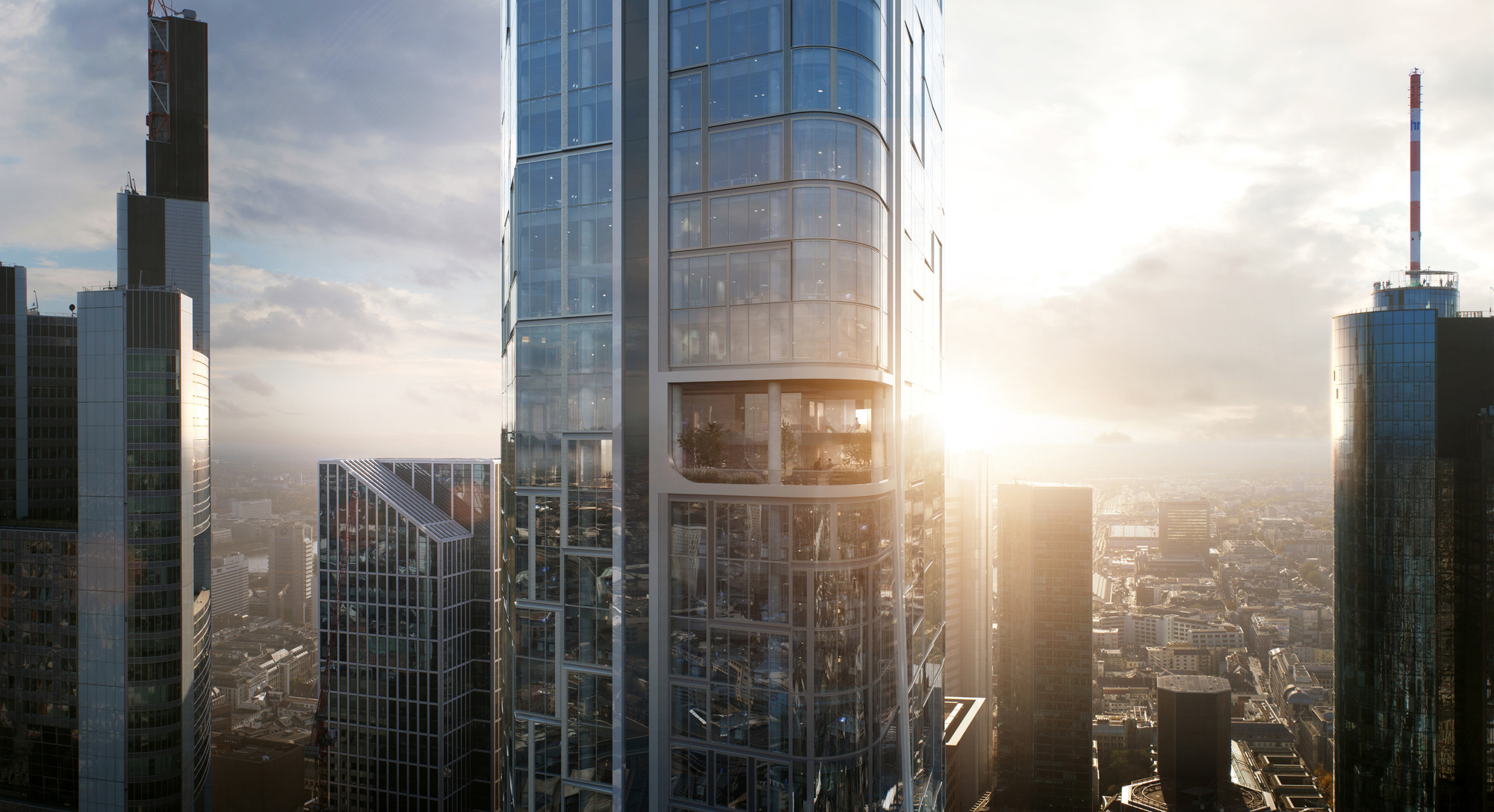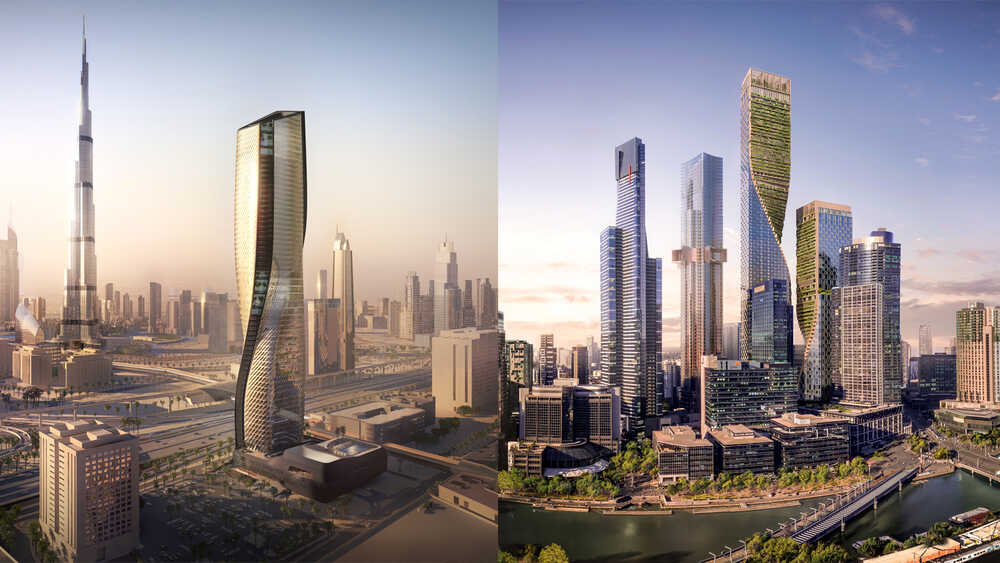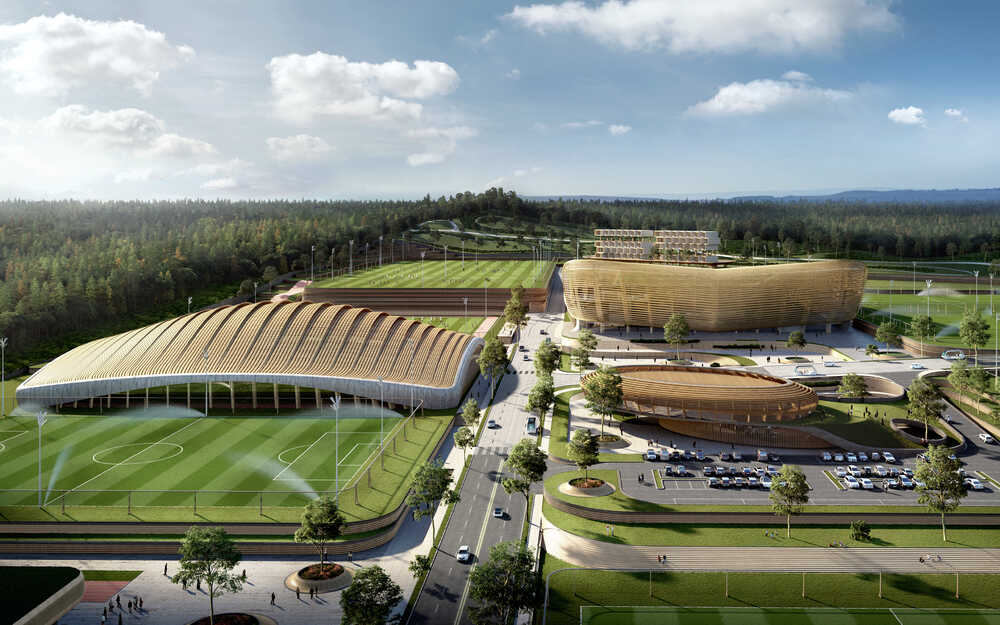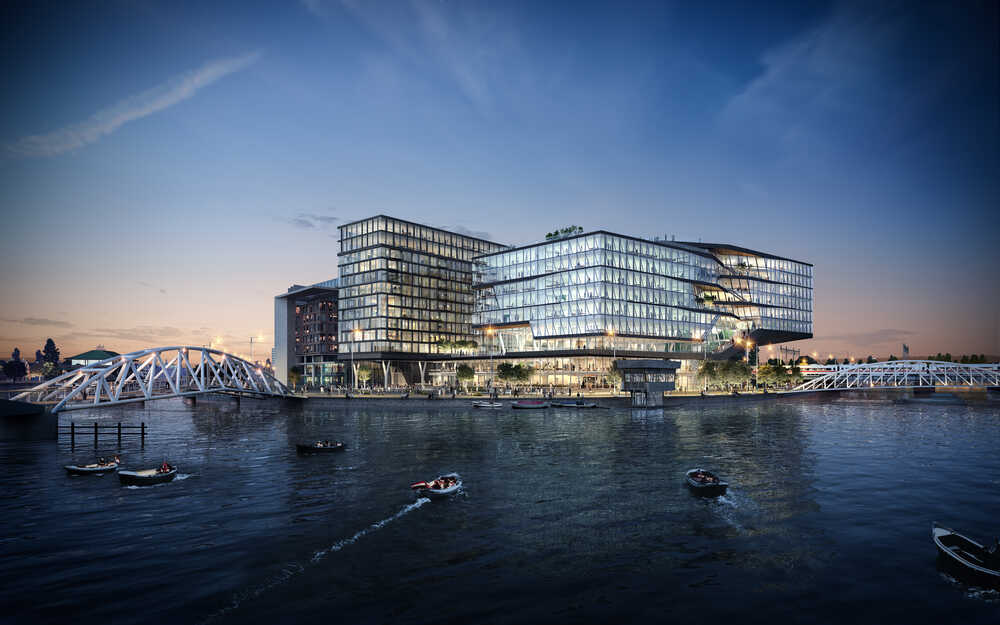It’s safe to say, most of us could not have predicted what 2020 would bring. The year saw world borders close, entire industries decimated, radical changes in our work and social lives and a huge acceleration in the shift towards a digital economy.
But, it also gave us a chance to radically assess what it is about the human experience that is critical to our health and happiness. For the architecture sector, this question is also paramount; it is the impetus for a new era of design.
Throughout history, health crises have led to major shifts in standards of architecture. From the global cholera outbreak in the 1800s and the 1918 Spanish flu, to the spread of tuberculosis in Europe, these periods saw the emergence of design elements such as sprawling city parks, indoor plumbing, ample daylighting, better airflow, and changes in the materials we use.
Our industry is now in the midst of another evolution, and this upheaval underlines the crucial role architecture plays in human health.
For businesses around the world, 2020 has been a test of how resilient and future-proof we are. For some industries in particular, the pandemic presented insurmountable challenges, and has devastated many livelihoods. But, I do believe that from crises, new businesses, industries and ideas spawn, and in the coming years, we will see the upshot of this.
Reflecting on the situation within my own firm, UNStudio, this year has presented many hurdles. Like many in our industry, we saw some projects put on pause as a result of the economic uncertainty, but also many new opportunities, particularly in Asia where economic recovery is already underway. It also allowed us to take a step back and consider what it is that can really get cities and economies moving again in the years post-corona – and how we can help make that happen.
After many months of looking internally at UNStudio and externally at the impact we want to have on the world, we’re going into 2021 with big ambitions – and some exciting changes.


2020 Year in Review | Ben van Berkel
Expanding Our Local Presence

Firstly, we’re very excited to share the news that UNStudio will be expanding our global presence with new satellite offices in Dubai and Melbourne, in addition to our existing locations in Amsterdam, Shanghai, Hong Kong and Frankfurt. The main driver for this expansion is to strengthen our relationships with our clients and local partners, while also enabling our team to better serve different markets.
Over the last few years, we’ve been working on a growing number of projects in the Middle East and Australia, which has made the decision to open local offices a natural step. In the Middle East, construction on wasl Tower is currently underway, and when complete, it will feature one of the world’s tallest ceramic facades. We also recently finished work on Doha’s first metro network, which saw 37 stations created along three lines in the Qatari capital. Meanwhile in Melbourne, work on Australia’s tallest tower, Southbank by Beulah (aka the ‘Green Spine’), is set to get underway, and we’re also presently working on another mixed-use development, on Little Bourke Street.
I feel very humbled by how far we’ve come as a studio since we opened our office in Amsterdam in 1988. For this, I am enormously proud of our team of more than 200 people from across all disciplines of design working on projects in over 40 countries.
This international presence has already shown us benefits in the past as well, having helped us navigate through previous crises, like the 2008 financial crash, by allowing us to lean on our offices in more stable markets while others are recovering. With this in mind, we feel that planting our feet firmly in even more areas of the world will only strengthen our resilience and ability to adapt to changing situations and global events going forward.
UNSense in the Spotlight
In 2021, we’ll also be putting our daughter company UNSense front and centre. For years, we’ve been developing this arch tech company, which is focused on utilising technology to improve people’s social and economic wellbeing, but the pandemic has shown us how truly imperative its purpose now is.
The digital revolution is rapidly driving change in every part of our lives – but the built environment is not keeping up. With data and smart technology now intertwined with our daily activities, how can we use this in the built environment to improve our buildings and cities – and the lives of the people using them?
This question was what led to the creation of the Brainport Smart District (BSD). Located in the Dutch city of Helmond, this new neighbourhood will be a ‘living lab’ for future residential environments. As part of this, UNSense is running the 100 Homes project, which we started on in 2018 and is aimed at finding out how technology and data can be used to impact the social and economic wellbeing of its residents.
One element of this project that I’m especially excited about is its potential to boost circularity in the built environment. By testing and developing regenerative strategies here, we hope to be able to provide solutions that can serve the wider community too.
The project was also profiled by the New York Times this year.
A New Unit Dedicated to Improving Quality of Life
In 2020, we also launched a new unit, UNSx, which has a mission to create a better quality of life for people – and the planet. The digital revolution has long been transforming the world we live in, but the corona pandemic has really accelerated this process, and has altered even the most basic of our shared human experiences. This new unit is our response to the need to design for the hybrid digital-physical world we now live in.
Essentially, UNSx is an in-house innovation thinktank and experience lab. The team – made up of architects, computational designers, product designers, creative strategists, VR/AR specialists and sustainability consultants - researches and experiments with new methodologies, technologies, processes and materials to design solutions for how we live our lives today. Their most recent projects include using data to design for happiness, and developing products and services to improve connectivity.
Supporting Diversity
This year, in light of the Black Lives Matter movement, we took a step back to consider how we as a company promote and support diversity – not only internally, but also through the work we do. We have long prided ourselves on being an inclusive firm, but events this year roused us to really look at how we apply this value in practice – and where we need to make changes.
This led to the creation of an internal working group in mid-2020, named UNSunited.
Made up of a cross-section of staff from our studio, UNSunited is on a mission to create a workforce and a built environment that is more inclusive, and where redressing social injustice is at the basis of everything we do. While still in its infancy, UNSunited’s purpose will permeate through all of our projects, and will help translate our core values and mission into actions that relate to three a areas: Representation, Equity & Justice and Climate Action. On this front, there will be more to come in 2021, and we’ll continue to update you on UNSunited as it develops within our practice.
A few project milestones from the year…
The pandemic has undeniably had a monumental impact on the architecture and construction industry, but we’re lucky that in the years to come, we can expect to see a building boom – namely in the housing and mobility sectors.
While this year saw a lot of projects put on hold while economies shook globally, that’s didn’t detract from the many successes our team saw. In quick summary, our winning masterplan for Gyeongdo Island in South Korea was submitted for planning permission, while our Little Bourke Street mixed-use development in Melbourne received its in July. Meanwhile, two of our current major projects - Southbank by Beulah in Australia and FOUR Frankfurt in Germany - both received their building permits.
When complete, the Southbank project in Melbourne, which we designed with Cox Architecture, will include Australia’s tallest tower (356m), while FOUR Frankfurt will see a former Deutsche Bank site, which has remained inaccessible for the past 45 years, transformed into a vibrant inner-city quarter.
Over summer, we were also very proud to find out that our design for the new Korean National Football Centre was chosen as the competition winner. This state-of-the-art training facility, located near Seoul in South Korea, incorporates health, science, technology and education to help foster the next generation of Korean football stars.

This year also saw a number of refurbishment projects completed, including Hanwha HQ in Seoul, 18 Septemberplein and Fellenoord 15 in Eindhoven, and two shopfronts at PC Hooftstraat 138 and 140-142 in Amsterdam. I am personally very attached to each of these projects, as I truly believe that post-occupancy services are becoming integral to the architectural practice. By refurbishing a building instead of demolishing, it’s possible to double or even triple its lifespan, and bring with it both economic and environmental benefits.
On this note, we also released a special Refurbishment Report, showing how remodelling, renovating and retrofitting can provide a sustainable solution to enhance the urban environment.
During the summer, we also saw the release of one of my favourite collaborations so far with Italian design brand Alessi: the Doraff. This playful piece of furniture is a hybrid chair, table and toy that combines the shapes of a dog and a giraffe. It was UNStudio’s first venture into children’s toys, but the experience of designing through a child’s mind really proved to be the ultimate exploration into creativity and imagination.
Throughout the year, construction on the new Booking.com Headquarters in Amsterdam has also continued. One of the largest urban projects in Western Europe, the development is envisoned as a highly multifunctional living and working environment specifically designed to encourage encounters. The completion date was scheduled for mid-2021, but due to delays caused by global events, it has now been pushed back to the following year.

Over the next 12 months though, a number of projects we’ve been working on will reach completion. Some of those in the pipeline include two new products, two renovations of apartment interiors in the Netherlands, exciting residential developments in Germany, and new projects in China, Russia and Korea.
Looking even further to how we foresee our firm developing post-corona, we will continue to look at architecture through the lens of public health. We have long been focused on helping create safe, healthy and futureproof cities that improve quality of life. But the pandemic has built momentum globally in shifting the onus of urban development to a ‘health-first’ approach. This goes beyond the physical design of an urban structure. It extends to every step in the design and construction process, and is where sustainable and circular strategies becomes critical for our industry. The Covid-19 pandemic could prove the tipping point for making ‘green’ the standard approach in urban development.
As 2020 draws to a close, we feel confident that UNStudio’s resiliency and flexibility puts us in a strong position as this new era of architecture and design unfolds. While 2021 still brings with it much uncertainty, this in itself does give me a resounding feeling of hope; with disaster comes the opportunity for reinvention and crises create an urgency that sparks innovation. So how will architecture reinvent itself post-corona? Let’s see.
Ben van Berkel